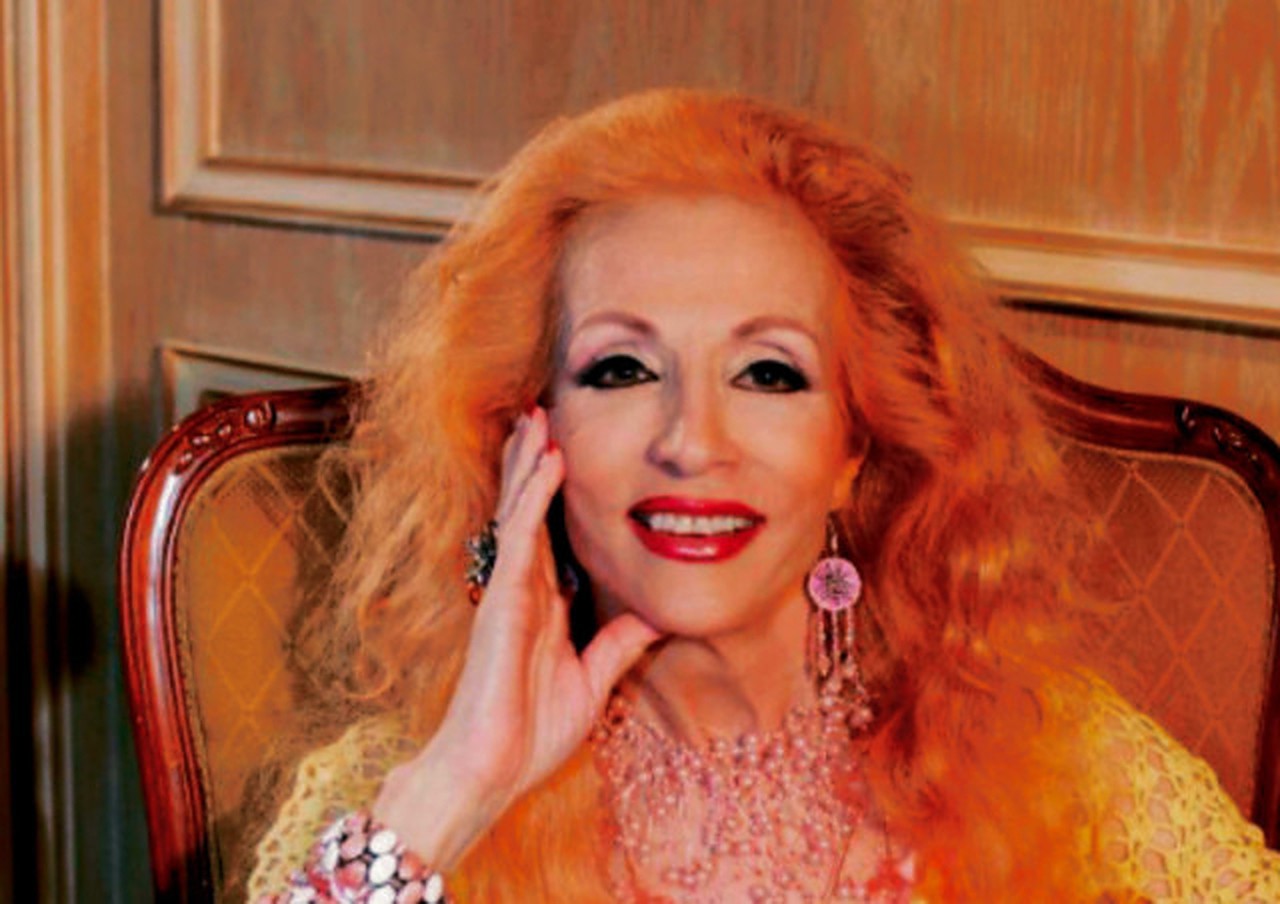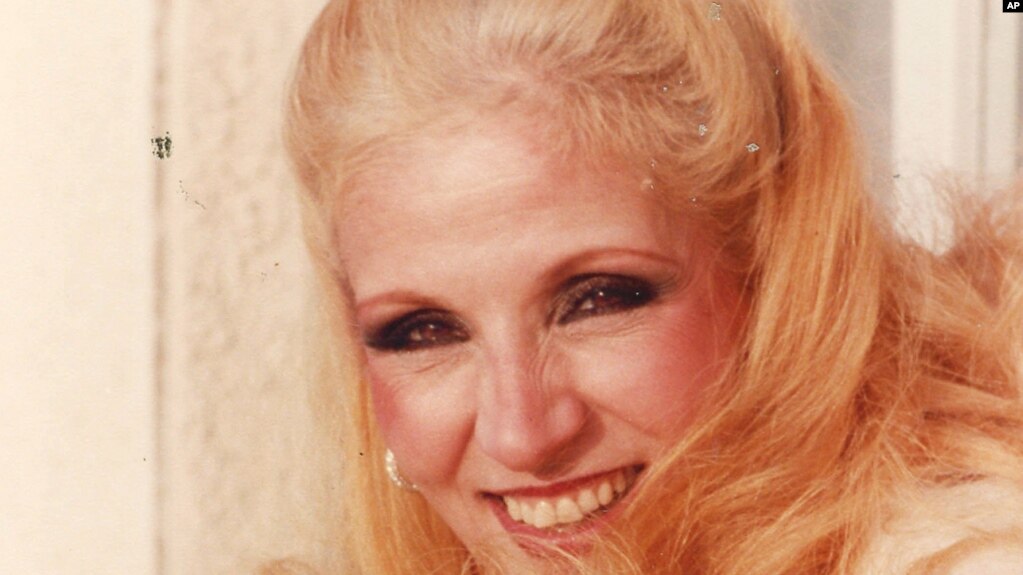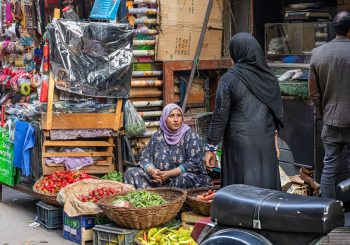“To hear her voice is to make life liveable,” Egyptian theatre director, Hassan el-Gueretly, once said of the iconic Lebanese singer and actress Sabah. “It makes you think she has a lot more life than many people who are living.”
Sabah, meaning ‘morning’ in Arabic, was the one of the Arab world’s feminist icons. She commanded attention wherever she went, and spread her wings beyond ballads to become a beloved icon for reasons outside of the world of music.
Like most female entertainers, however, her cultural status was treated akin to red roses in a glass vase; it was deemed as a decorative accessory for the region, but not valued for its power and meaning. As fashion researcher Aya Elsa Yassine notes, there are no writings on Sabah through the lens of culture or gender, but usually through political standpoints.
Born Jeannette Gerges Feghali (1927) in the Christian Lebanese mountain village of Bdadoun, Sabah’s unique singing talent, dubbed the mountain folk style, was discovered at a young age. Soon after, she would release her first song at age 13. She later caught the eye of Egypt-based Lebanese film director and actress Assia Dagher, who encouraged Sabah’s family to bring her to Cairo for a three-film contract.

Timing is just as important as talent, and Sabah’s rise is built on both these factors. Just as Egypt was emerging as a major global art hub in the Middle East in the early 20th century, Sabah also quickly rose to prominence. Lebanese arts critic, Abdul Ghani Tleis, once noted that Sabah would not have been able to rise to stardom had she stayed in Lebanon.
Following her first three films in Egypt, including El-Qalb Luh Wahid (The Heart Has Its Reasons, 1945), Sabah would go on to make nearly 90 films over seven decades. She was not only an icon in music, but a uniter of people across nations; helping to familiarise Egyptians with the Lebanese dialect, and ultimately, Lebanese culture.
In 2011, three years before Sabah’s death at 87, the first ever exhibition on Sabah’s life and costumes was organised at the Beiteddine Festival in Lebanon. Aside from a few Arabic publications and films, Sabah’s cultural status was never celebrated or studied in much detail.
At first glance, her blonde bombshell look may seem like an all-too familiar Hollywood image, but her fashion went beyond just aesthetics; it was used as a tool to communicate her intellect and emotions. As Yassine argues in her theses, Sabah’s “outsized image” appealed to younger women, as her “extravagant costumes and hairdos” and “seductive silhouette-hugging dresses” were not bound by the “relativity of fashion to time, groups or opinions.”
Sabah’s boldness and freedom to express her own tastes helped inspire many women to this day, Yassine argues, as it challenged the conventions of what was considered ‘feminine’, which was a softer, more reserved look. Her style prompted reporters and interviewers to constantly inquire about her outfits, and whether she truly embodies the identity of an Arab woman.
In one interview in 1975, an Egyptian reporter bluntly asks her, “Are you a housewife?” to which she responds: “I am a woman, I can be everything.”
Her response not only reveals the thread of connection between her bold style and personality, but also challenges the limitations of what a woman should dress and look like. Sabah was an artist, a woman, a pioneer, and a housewife — a mixture that not many would approve of.







Comments (0)